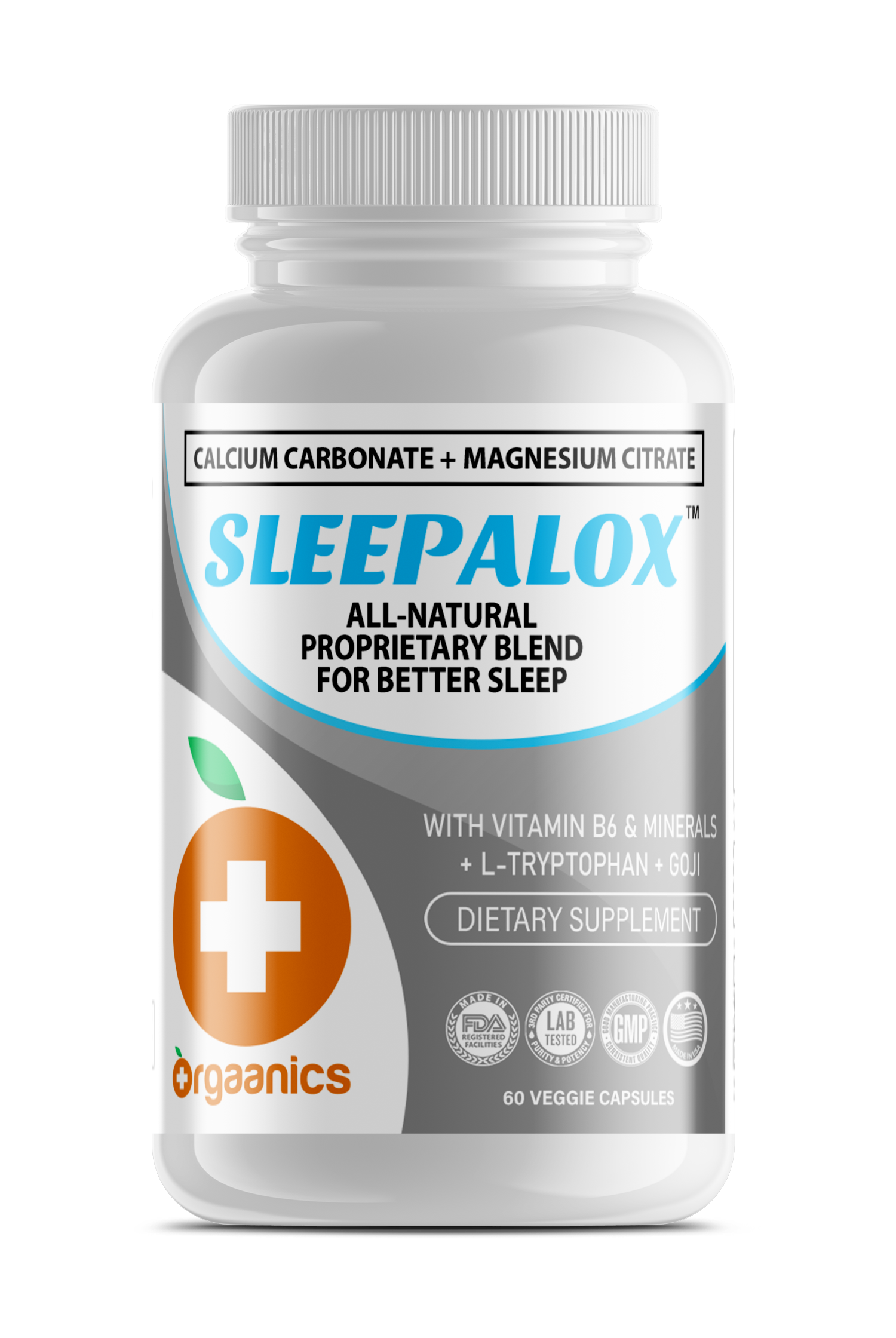It would natural to assume that insomnia and sleep deprivation are similar. Although these two conditions are similar and both result in a lack of sleep, experts confirm that they differ greatly in many aspects.
What is Insomnia?
Insomnia refers to a person’s inability to sleep despite having time and opportunity to sleep. Insomniacs cannot achieve their desired length or quality of sleep even though their environment is conducive to it.
Insomnia may affect people regardless of age, gender, and race, however, some demographics are over-represented. Research shows that the incidence of insomnia is higher among the adult female population than adult males.
Insomnia increases a person’s risk for many chronic diseases. It is a known contributing factor for depression, anxiety, obesity, poor immune system function, memory, and concentration problems.
Insomnia can be classified into three types and these are the following:
- Transient Insomnia – this condition occurs when a person suffers from the symptoms of insomnia for a few days or weeks.
- Acute Insomnia – this is when the symptoms of insomnia persist for several weeks. It is also referred to as short-term insomnia.
- Chronic Insomnia – This is the type of insomnia that lasts for months or years.
The majority of the recorded cases of chronic insomnia are secondary, which means their insomnia only occurs as a side effect or symptom of some other health problem.
What is Sleep Deprivation?
Sleep deprivation occurs when a person has shortened sleep patterns, for reasons which may include a shift-work schedule, or even a newborn baby being attended to during the night. It can also be due to factors outside of your control, such as annoying neighbor’s dogs barking all night.
Sleep deprivation is when individuals incur a reduction of regular sleep hours, and can’t seem to ‘catch up’ on their much-needed sleep.
Unlike insomnia where you simply can’t get to sleep or stay asleep for very long, sleep deprivation results from a deliberate action performed. When your opportunity to sleep is taken away from you, this is when you can become sleep-deprived.
Sleep deprivation can also result from elective actions, such as staying up too late watching TV or playing games, partying too hard, or certain substance abuse.
Although a little simplistic, it can generally be considered that sleep deprivation results from external or intentional events or actions. Insomnia occurs when, in the absence of these actions or events, healthy sleep patterns do not result.
This gets a little muddied in that insomnia can result from, or be worsened by specific actions of the sufferer, such as stimulant intake, e.g., coffee, or habits that affect the body’s natural clock.
Causes of Sleep Deprivation
- Personal decision – Some people do self-inflict themselves with sleep deprivation as they stay up too late watching television or reading their favorite book. They do not care what time it is, and they are often unaware or uncaring of the health consequences not getting enough sleep causes.
- Illness – An illness can cause sleep problems. It does not have to be a serious disease, even simple colds and a bad cough can steal your valuable sleep.
- Job or Travel – Night shift hours have their body’s sleep-wake cycle disrupted. There are also frequent travelers who find the change of time from one country to another a cause of their sleep deprivation.
- Medications – Some prescribed medications can cause sleep deprivation. If you are taking medications and find it difficult to get to sleep, or sleep the night through, advise your health care professional.
As you can see these sleep problems are both different, although the effects on your health are the same. A lack of sleep needs to be addressed! Make any possible changes yourself, and if necessary, consult your physician for professional advice.
One great way to help beat insomnia and sleep deprivation is by taking Sleepalox. Order it here only at Orgaanics!

